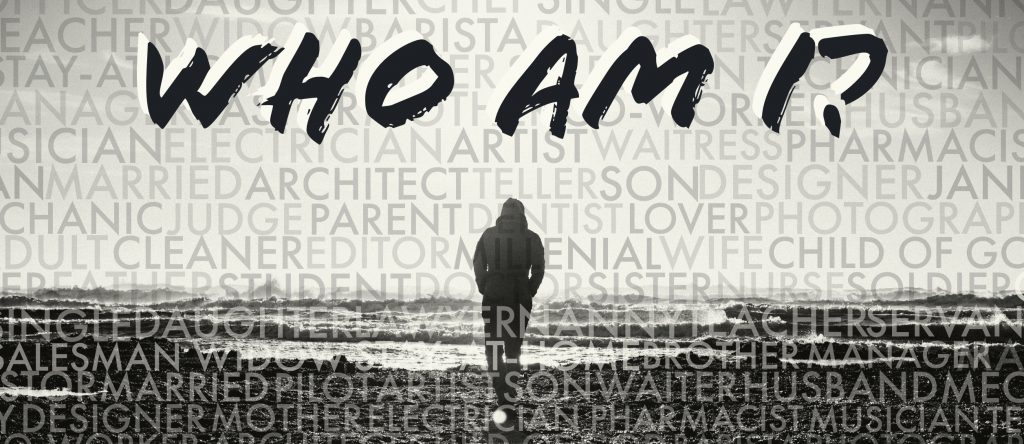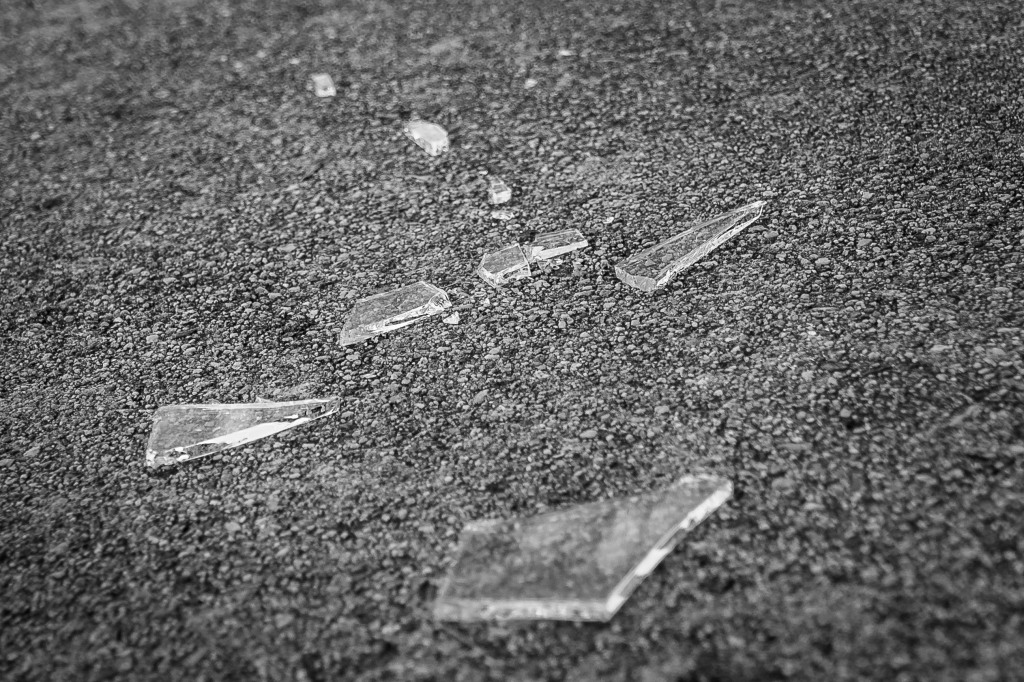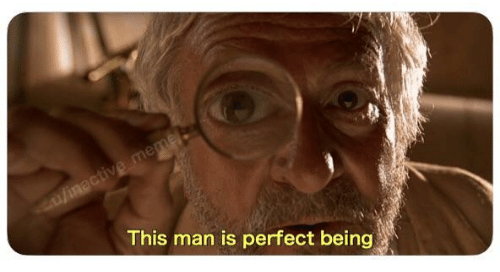
I am regularly encouraged and enlightened by the writings of Fr Stephen Freeman on his blog “Glory to God for all Things”. Writing from an Orthodox tradition, he provides some challenging insights and perspectives. The following excerpt from today’s post is no exception. He deepen my understanding of envy, creating dissonance in my soul. Perhaps you will find it worthwhile also.
The Scriptures describe covetousness as “idolatry” (Col. 3:5). As such, covetousness is little more than desire turned in the wrong direction. Envy is much darker. Envy is the pleasure we take in the calamity that others suffer. It is the heart that says, “He got what was coming to him,” or that longs to see terrible consequences come to pass. Of all the passions, it is the darkest. It is able to look at suffering and smile. It was envy that crucified Christ (Matt. 27:18).
Because envy is a passion, it does not have a natural end. It cannot be brought to a completion or satisfied – for it is insatiable. Our natural desires, such as hunger, sex, thirst, etc., can all be satisfied because they have a proper end. It is the passions, not desires, that wreak havoc on the world.
There is …a very dangerous iconoclasm that resides within us all in the envy that infects our hearts. When Christ taught the love of enemy and to forgive those who hate us, He invites us to abandon the envy sown by the evil one. There is a deep fear by many, whenever His teachings in this matter are brought to a specific case. We fear that if our enemies are not resisted in every possible way, they will win. I once heard it said that to be a pacifist does not mean the end of violence, but that you will end up on a cross. That is, in fact, the case. Christ’s death on the Cross does not take place in order to destroy crosses. His Cross destroys death and does so by being a Cross, voluntarily taken up out of love.
https://blogs.ancientfaith.com/glory2godforallthings/2020/07/31/hagia-sophia-and-the-evil-eye/


